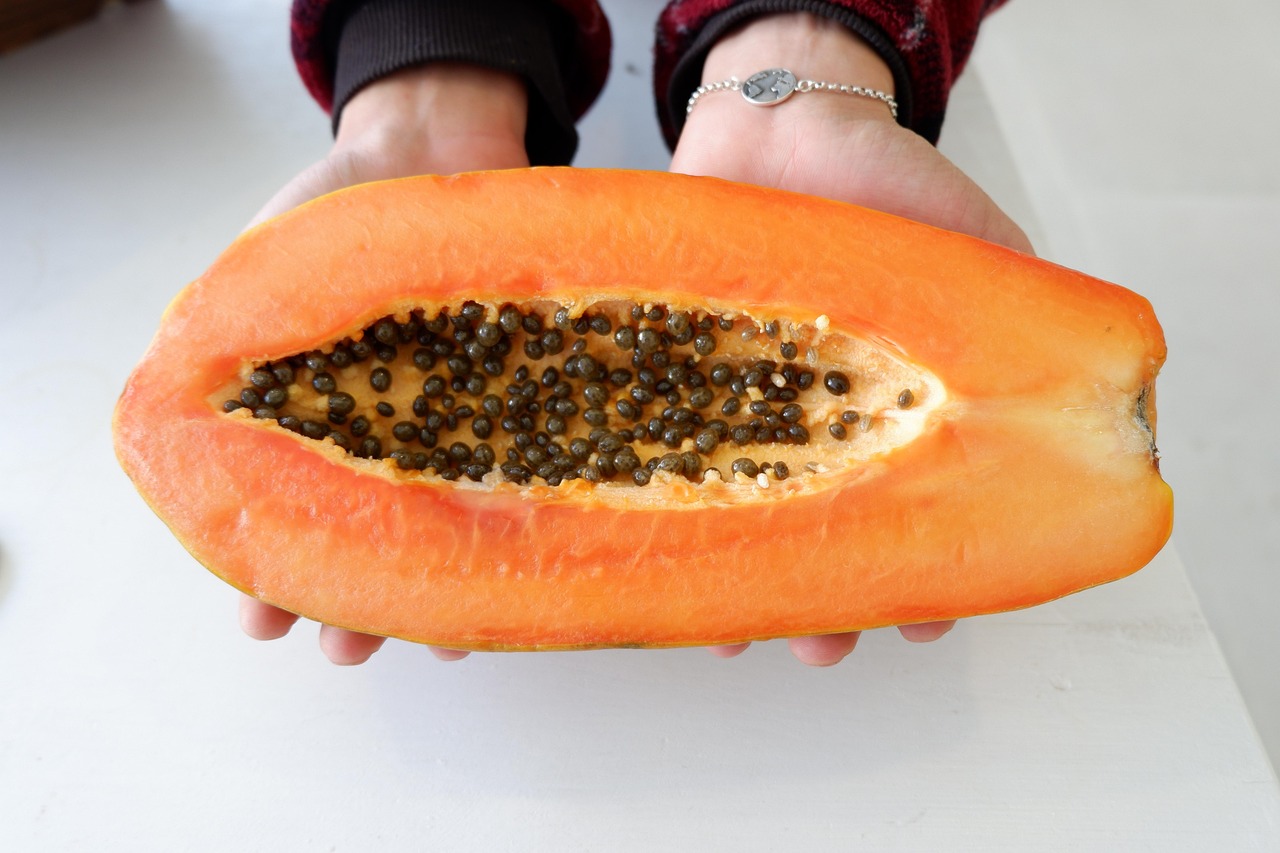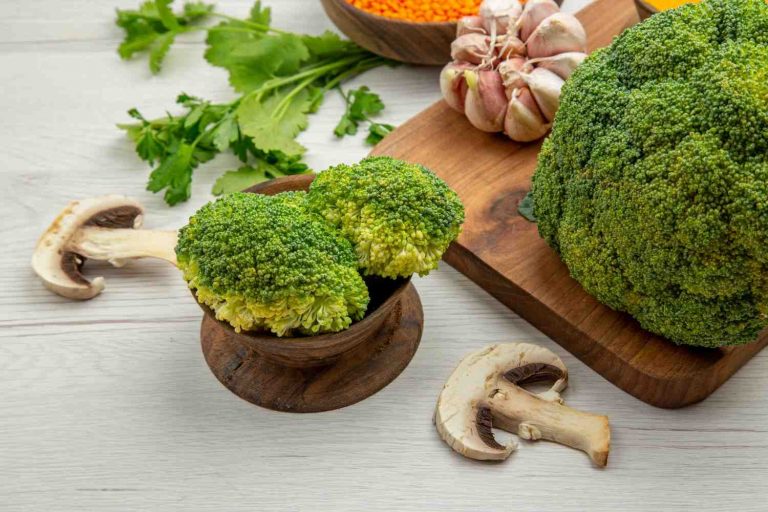Did you know that what you eat can significantly impact your bladder health? It’s true! While we often focus on heart health or gut health, our bladder deserves some love too. One fruit that stands out in this regard is papaya. Not only is it delicious and versatile, but it also has some impressive benefits for our urinary system. Let’s dive into five ways papaya can help boost your bladder health naturally.
Contents
1. Rich in Antioxidants
Papaya is packed with antioxidants like vitamin C, vitamin E, and beta-carotene. These compounds play a crucial role in fighting oxidative stress in the body. Oxidative stress can lead to inflammation and damage to cells, including those in the bladder.
How It Works:
Antioxidants help neutralize free radicals, which are unstable molecules that can cause cellular damage. By reducing oxidative stress, papaya can help maintain the integrity of bladder cells, potentially lowering the risk of bladder infections and other urinary tract issues.
Pros:
- Supports overall cellular health.
- May reduce the risk of bladder infections.
Cons:
- Overconsumption of papaya (like any food) can lead to digestive issues. Moderation is key!
2. High Water Content
Staying hydrated is essential for bladder health, and papaya can be a delicious way to up your fluid intake. With about 88% water content, it contributes to hydration and helps flush out toxins from your urinary tract.
How It Works:
When you consume foods with high water content, it can aid in diluting urine, which helps prevent the formation of kidney stones and urinary tract infections (UTIs). Additionally, adequate hydration helps keep your bladder functioning optimally.
Pros:
- Aids in detoxification.
- Helps prevent UTIs.
Cons:
- If you’re sensitive to high-fiber foods, be cautious about how much papaya you eat in one sitting.
3. Natural Anti-Inflammatory Properties
Chronic inflammation can be a significant factor in bladder issues, including interstitial cystitis and other inflammatory bladder conditions. Papaya contains various compounds, such as papain and chymopapain, known for their anti-inflammatory properties.
How It Works:
These enzymes can help reduce inflammation in the bladder, alleviating discomfort and improving overall bladder function. This is particularly beneficial for those suffering from chronic bladder conditions.
Pros:
- May relieve symptoms of bladder inflammation.
- Can be part of a holistic approach to bladder health.
Cons:
- Individual responses to anti-inflammatory foods can vary; not everyone may experience the same relief.
4. Fiber-Rich for Digestive Health
While fiber is often touted for its digestive benefits, it also plays a role in bladder health. Papaya is an excellent source of dietary fiber, which supports a healthy digestive system.
How It Works:
A healthy gut can lead to a healthier urinary tract. When your digestive system is functioning well, it can reduce the likelihood of constipation, which has been linked to urinary issues. Moreover, fiber helps maintain a balanced microbiome, which is crucial for overall health.
Pros:
- Promotes regular bowel movements.
- Supports a healthy gut microbiome.
Cons:
- Too much fiber at once can lead to bloating or gas. It’s best to introduce fiber-rich foods gradually.
5. Nutrient-Dense Superfood
Papaya isn’t just about antioxidants and hydration; it’s also loaded with essential vitamins and minerals that contribute to overall health, including bladder health. Nutrients like folate, potassium, and magnesium play various roles in maintaining bodily functions.
How It Works:
These nutrients support muscle function, including the muscles in the bladder. A well-functioning bladder muscle can help prevent issues like incontinence or urgency. Plus, the potassium in papaya can help regulate sodium levels, which is beneficial for maintaining proper fluid balance.
Pros:
- Supports overall urinary health.
- Provides a range of essential nutrients.
Cons:
- Some people may have allergies or sensitivities to papaya. Always be mindful of how your body reacts to new foods.
FAQs
1. Can papaya help with urinary tract infections?
Yes, papaya’s high water content and antioxidant properties can help support urinary health and may reduce the risk of UTIs.
2. How much papaya should I eat for bladder health?
Moderation is key! One cup of papaya a few times a week can be a great addition to your diet without overwhelming your system.
3. Are there any side effects of eating too much papaya?
Yes, excessive consumption can lead to digestive issues like bloating or gas. It’s best to introduce it gradually into your diet.
4. Can I eat papaya if I have allergies?
If you have a known allergy to papaya or related fruits, it’s best to avoid them and consult with a healthcare provider.
Conclusion
Incorporating papaya into your diet isn’t just a treat for your taste buds; it’s a delicious way to promote bladder health naturally. With its rich array of antioxidants, high water content, anti-inflammatory properties, fiber, and essential nutrients, papaya can be a fantastic ally in maintaining a healthy urinary system.
But remember, balance is essential. While papaya offers numerous benefits, it should be part of a varied diet rich in fruits, vegetables, and other whole foods. Research is ongoing, and while results are promising, it’s always wise to consult with a healthcare provider before making significant changes to your diet, especially if you have existing health conditions.
This article is for educational purposes only and is not a substitute for professional medical advice. Always consult a qualified healthcare provider before making changes to your health routine.
References
-
Liu, Y., Wang, X., & Zhang, Y. (2019). Antioxidant activity and anti-inflammatory properties of papaya (Carica papaya L.) extracts. Food Science & Nutrition, 7(2), 622-629. https://doi.org/10.1002/fsn3.832
-
Mayo Clinic. (2023). Urinary tract infection (UTI). https://www.mayoclinic.org/diseases-conditions/urinary-tract-infection/symptoms-causes/syc-20363358
-
National Institutes of Health. (2022). Dietary fiber: Essential for a healthy diet. https://ods.od.nih.gov/factsheets/Fiber-HealthProfessional/
Get Your FREE Natural Health Guide!
Subscribe now and receive our exclusive ebook packed with natural health tips, practical wellness advice, and easy lifestyle changes, delivered straight to your inbox.






